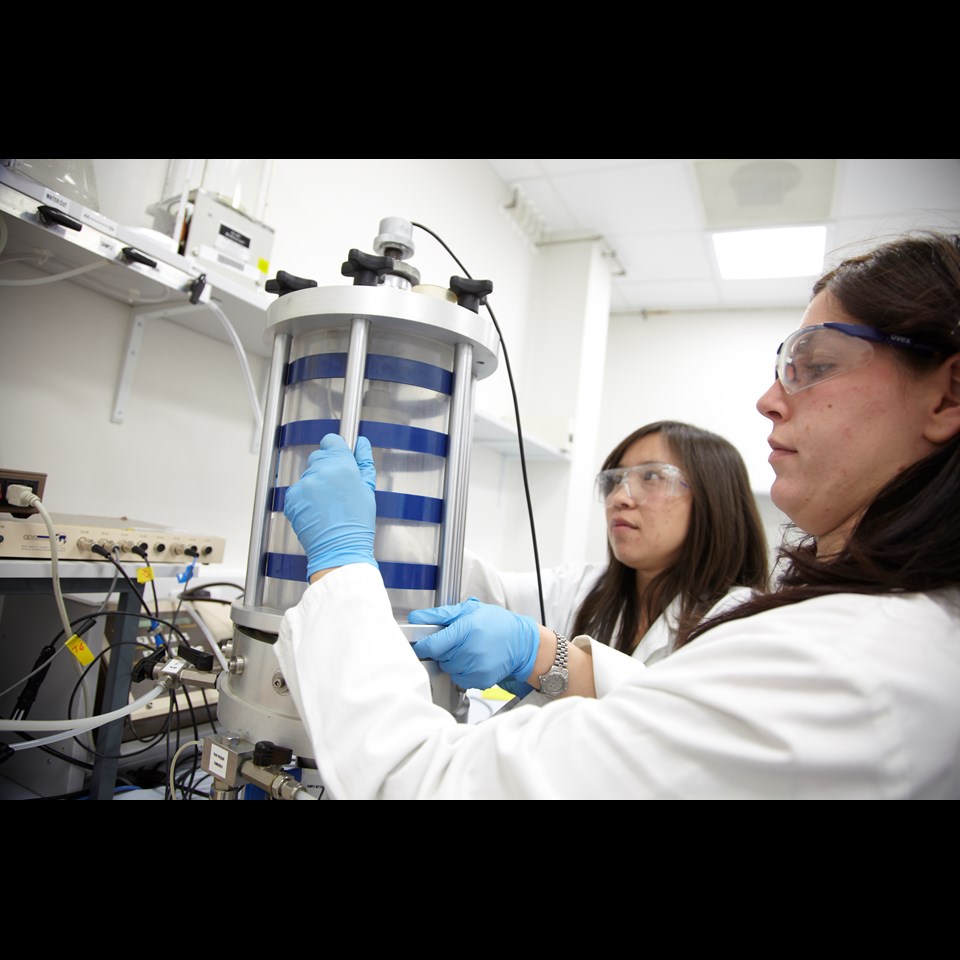Blog: Brexit talks
04 December 2017
Our head of policy Jessica Cole blogs on Brexit talks as negotiations continue in Brussels:
All eyes were on Brussels today as Theresa May and Jean-Claude Juncker met to discuss progress in Brexit talks. Despite early reports that there were “solutions in sight” ultimately there is still not agreement on the three subjects under discussion in the first phase of negotiations.
These are big issues that are crucially important for the UK’s research-intensive universities.

Firstly, with nearly 25,000 members of staff and 61,000 students from other EU countries working and studying at Russell Group universities, striking an agreement to secure the rights of EU citizens in the UK is vital. Academics, technicians and support staff make a huge contribution to our universities, through supporting leading-edge research, teaching the next generation and ensuring student services run smoothly. We want these people to feel welcome, valued and supported to stay in the UK.
Secondly, we need to see a satisfactory agreement regarding the land border between Northern Ireland and the Republic of Ireland. Freedom of movement across both jurisdictions must continue unimpeded to ensure current north-south collaboration can be sustained and enhanced. This is of acute importance to our Northern Irish member Queen’s University Belfast, but it also has significant implications for universities in other parts of the UK.
Thirdly, the UK and the EU need to agree an approach to the UK’s financial contributions. There have been some positive messages from both sides so far. On the one hand, Theresa May confirmed in Florence that no country “will need to pay more or receive less over the remainder of the current budget plan as a result of our decision to leave”. On the other side, the EU has been clear that if a deal can be reached, the UK should “continue to benefit from all programmes as before the withdrawal until their closure”. We hope an agreement can be struck which will allow both sides to announce as soon as possible that UK universities and other organisations can continue to participate actively in EU programmes until they end in 2020, including in Horizon 2020 research projects and student and staff exchanges supported by the Erasmus+ programme.
Meeting the threshold for “sufficient progress” on these three points before Christmas is vital if we are to have enough time to discuss the whole raft of other issues that are being held off for phase two. But even if positive progress can be made, the pressure will be on to make rapid headway in the second stage of negotiations. Both the UK and the EU will find a quick win and a solid basis for other agreements by putting cooperation on research and innovation at the top of the agenda.
The UK Government has set a clear and welcome intention to strengthen collaboration with European partners in science and innovation after Brexit and hopes to secure a “far-reaching” and “ambitious” agreement with the EU.

Over recent months the Russell Group has been engaging with pan-European university groups such as LERU and The Guild, with university associations from specific EU countries and with science attachés in nearly a dozen European Embassies. We have heard the same message consistently: our European partners greatly value the partnerships and collaborations they have with our universities and want to ensure Brexit does not diminish our ability to work together in future.
There is political will on both sides to ensure the UK can continue to make an important contribution to European science. Indeed, comments from EU Research Commissioner Carlos Moedas last week that he is “absolutely convinced that at the end of the journey, after all this effort, we’ll find a solution” show the determination to maintain this important relationship.
Prioritising this as one of the first issues for discussion in the New Year will be a win-win outcome for both sides, with long-term benefits for the prosperity of all counties involved.
-
Adam Clarke
adam.clarke@russellgroup.ac.uk
020 3816 1302
 X
X
